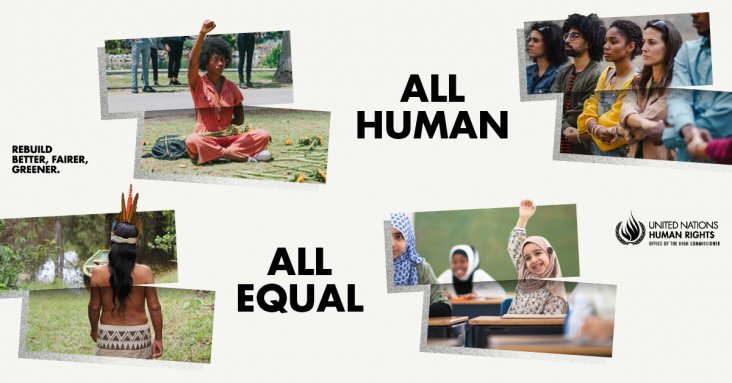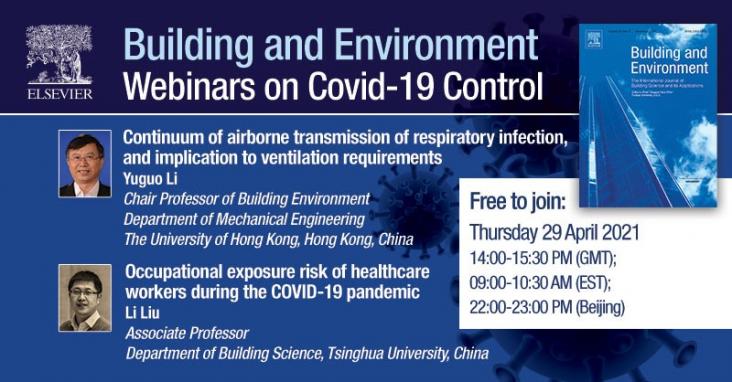
Human Rights Day is observed every year on 10 December — the day the United Nations General Assembly adopted, in 1948, the Universal Declaration of Human Rights (UDHR).

For International Day of Persons with Disabilities 2021, Stacy Masucci, publisher for bioscience and translational medicine at Elsevier speaks to Richard Mankin and Kate Nash about the challenges, barriers and opportunities for people who live with disabilities in the context of the global pandemic.
This chapter supports SDGS 3, 5 and 16 by explaining the role of psychological science and research in the training and development of law enforcement, in order to improve responses to cases of intimate partner violence (IPV).
Elsevier,
Neural Engineering Techniques for Autism Spectrum Disorder Volume 1: Imaging and Signal Analysis 2021, Pages 1-8
This book chapter advances SDG3 Good Health and Wellbeing and SDG10 Reducing Inequalities by reviewing the outcome of children and babies with ASD in later life, focusing on new biomedical research and also state-of-the-art techniques that are multidisciplinary between engineering and clinical research.
Held in partnership with the University of Johannesburg, this Elsevier webinar discusses the SDGs and how researchers can incorporate them into their work.
Held in partnership with the University of São Paulo, this Elsevier webinar discusses the SDGs and how researchers can incorporate them into their work.
In this 60-minute webinar, Terri M. Solomon and Dr. Marc McElhaney explain how to prepare for and handle a serious employee mental health crisis that prevents an employee from caring for themselves or puts an employee at risk of hurting themselves or others. The discussion supports SDG 3 (good health and well being).
In this episode of the “World We Want” podcast series, RELX’s Global Head of Corporate Responsibility, Dr. Márcia Balisciano, talks to Tessy Antony de Nassau about leadership.
This book chapter advances SDG 3 and 16 by explaining the risk factors that are specific to women with regard to mental disorders. These risk factors include socioeconomic disadvantages, violence, low income and income inequality, lower social status, and responsibilities of caring for children and family members.

Building and Environment will host a series of free webinars on COVID-19 Control. The third webinar of the series will feature 2 presentations from experts in the field on the following topics: Continuum of airborne transmission of respiratory infection, and implication to ventilation requirements, presented by Prof. Yuguo Li, Department of Mechanical Engineering, The University of Hong Kong, Hong Kong, China. The second presentation will be on the Occupational exposure risk of healthcare workers during the COVID-19 pandemic, presented by Prof. Li Liu, Department of Building Science, Tsinghua University, China.
